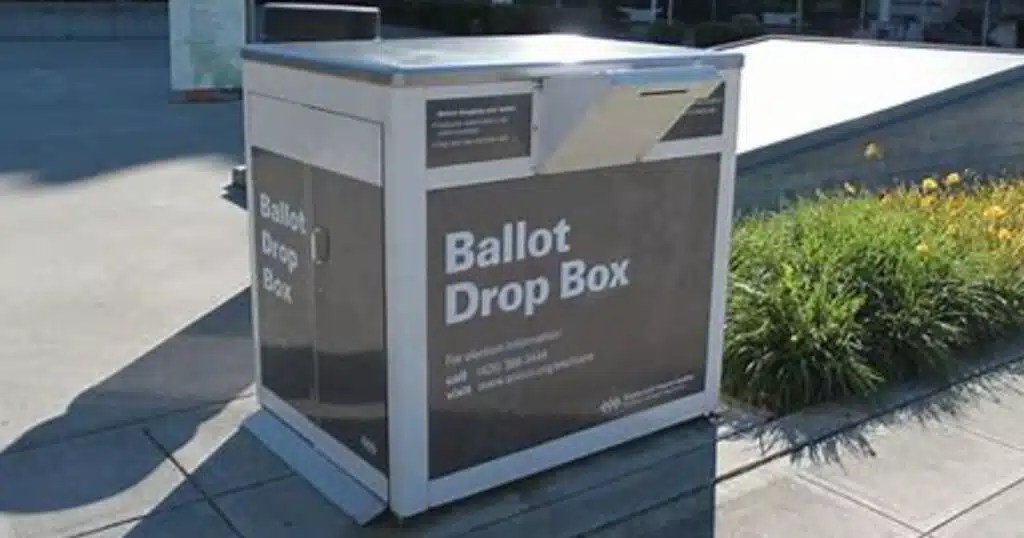
2020 Election Fraud? What One-Fifth of Mail-In Voters Told Survey
About 1 in 5 mail-in voters in the 2020 election admit to engaging in some type of voting irregularity, a poll released Tuesday shows.
The Rasmussen poll of 1,085 likely voters was sponsored by The Heartland Institute, a free-market think tank, from Nov. 30 to Dec. 6.
The Heartland/Rasmussen poll found that 17% of mail-in voters surveyed said that in 2020 they voted in a state where they’re “no longer a permanent resident.”
Voting in a state where the voter doesn’t live is illegal.
Another 21% of mail-in voters surveyed said they filled out a ballot for a friend or family member. In addition, 17% of these voters said they signed a ballot for a friend or family member “with or without his or her permission”
State laws vary on what assistance is allowed in filling out a ballot, but all states ban filling out a ballot or forging a ballot for someone else.
The poll found that 10% of all respondents—not just those who voted by mail—said they know “a friend, family member, co-worker, or other acquaintance who has admitted … that he or she cast a mail-in ballot in 2020 in a state other than his or her state of permanent residence.”
A smaller portion, 8%, said they were offered “pay” or a “reward” for voting in 2020. It is a felony to buy or sell votes.
In 2020, an election year affected by the COVID-19 pandemic, a record 43% of voters voted by mail, according to the Election Assistance Commission.
In past elections, only about one-quarter of votes were by mail. In the poll, however, 30% said they voted by mail in 2020, when Democratic nominee Joe Biden defeated incumbent President Donald Trump.
“These survey results show the importance of implementing forward-looking fixes to election rules and procedures that currently allow and encourage fraud,” Heartland Institute President James Taylor said in a public statement.
“Regardless of what one’s views are on the outcome of the 2020 presidential election, Americans deserve an election system that is undeniably transparent and immune from mischief,” Taylor said. “These survey results conclusively illustrate that election fraud is a rampant and pervasive problem that undermines our democracy.”
As explained in my book “The Myth of Voter Suppression,” absentee and mail-in voting historically has been the largest source of voter fraud.
With regard to enfranchisement, the Rasmussen/Heartland poll asked: “If your state banned mail-in balloting in next year’s presidential election, would you choose to vote in person or would you choose not to vote at all?”
Nearly all of those surveyed, 94%, said they would just vote in person. Another 2% said they wouldn’t vote, while 4% said they weren’t sure.
Trump and his campaign disputed the outcome of the November 2020 election, but Trump’s legal team didn’t conclusively prove its claim that the election was stolen. Judges dismissed several legal challenges for lack of standing.
The Rasmussen/Heartland poll found that support for Trump and Biden was about even, with 46% of the 1,085 likely voters surveyed saying they voted for Biden and 45% saying they voted for Trump.
The respondents were 33% Republicans, 36% Democrats, and 31% “other,” Rasmussen said, adding that 32% were 18 to 39 years old, 46% were 40 to 64, and 22% were 65 or older. The margin of error was plus or minus 3 percentage points.


